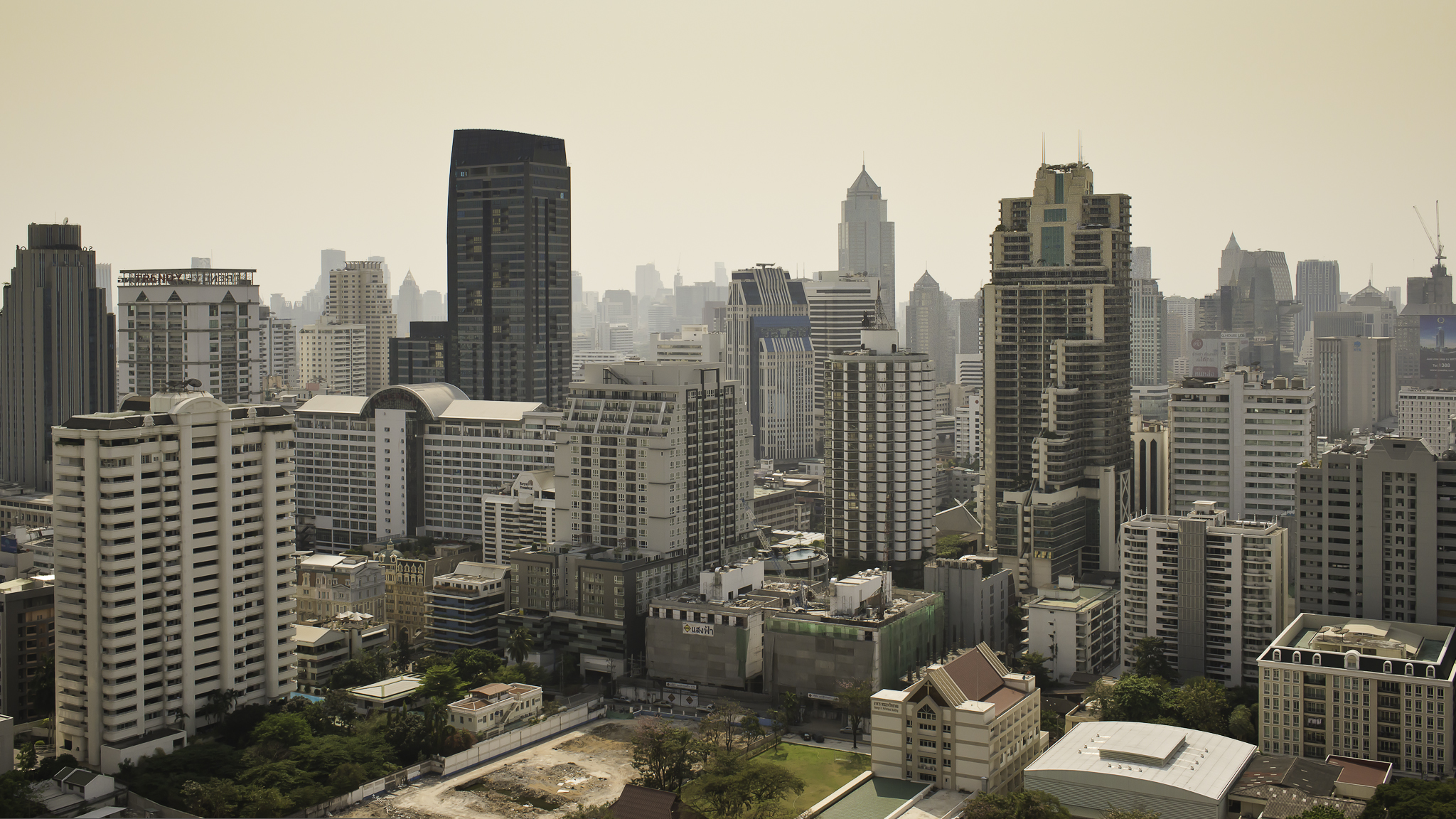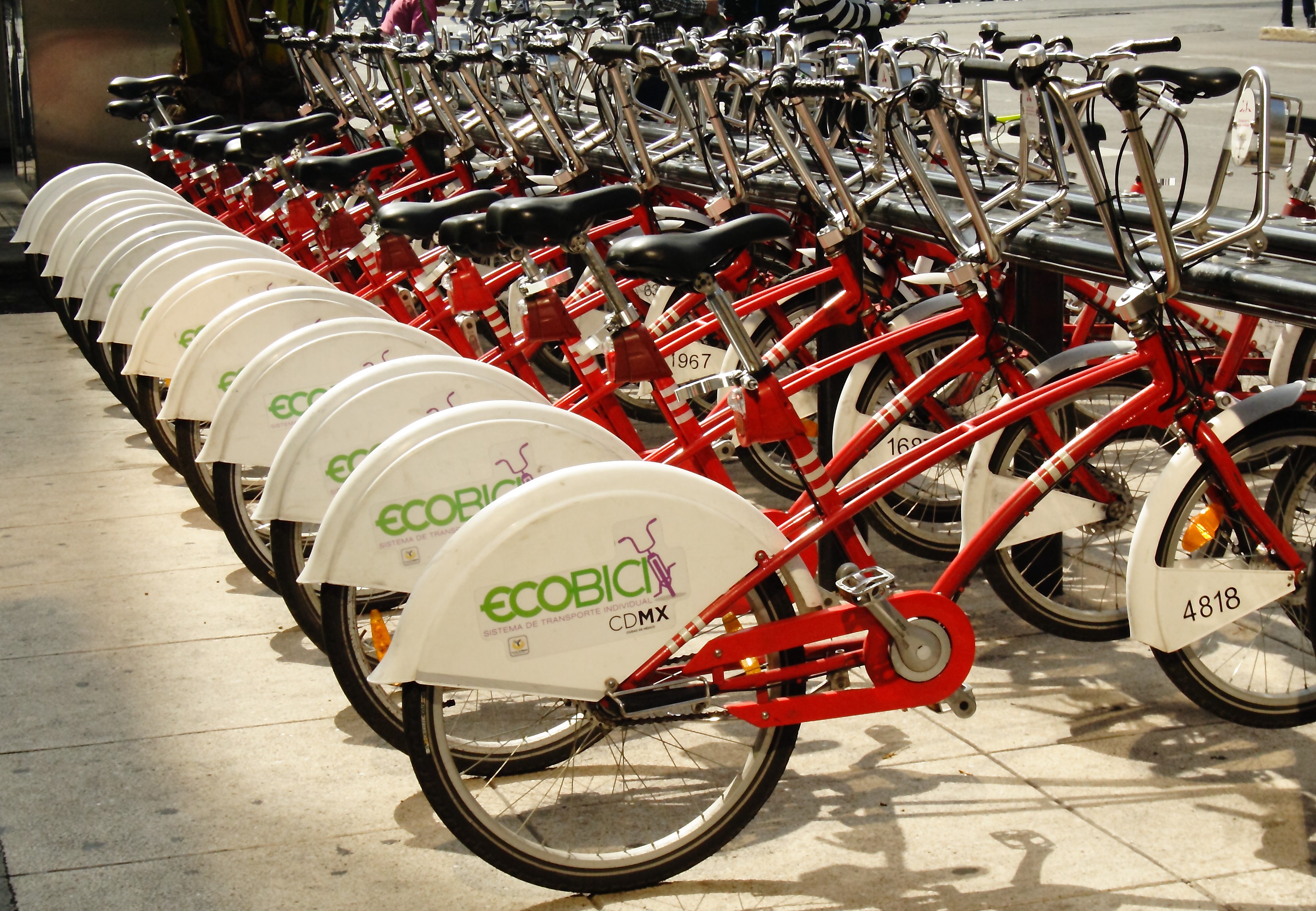
I am a graduate from the LSE MSc Development Management course (2012-13).
I’m not sure how to best showcase to you this eventful, enriching, stressful and dynamic year of my life in less than 500 words. The course has given me a glimpse of the multitude social sectors that exist, theoretical models, current and dominant school of thoughts as well as a near-practical understanding of the real-world situation.
Group work in seminars, consultancy project with a social enterprise (BoP course) and the DV431 consultancy project in the education sector were among the high-learning points of this course. However, something as theoretical as a dissertation actually turned out to be the most practical aspect of the course for me.
For my thesis, I focused on the topic- Influence of financial institutions in the water and sanitation sector in India. I analysed three relevant cases, purely with a theoretical perspective – all based in India. I realised that sitting in my London apartment that summer and typing out the thesis, chatting with my batch mates (now lovely long-distance friends) would be among the best moments of my life. Little did I realise that in addition to that, in less than a month of being back home (India), i’d be hired by a Trust that is aligned towards the goal of financial inclusion. Moreover, I’d be asked to manage a water and sanitation project!
Currently, I am working for a for-profit company called ‘IFMR Rural Channels’ that acts as an implementation service delivery unit for the IFMR Trust and engages with community in rural remotes part of the country to set up its indigenous and hybrid banking model called KGFS. As part of the ‘Development and Strategic Alliances’ team, I am looking at strengthening this business model by developing horizontal linkages with the community (or hopefully another self-sufficient business model)- water and sanitation awareness is one among the several areas I’m currently exploring as part of this.
In retrospect, the thesis was perhaps the reason for my first job and this fantastic course the very reason for my career choice and international network. However, if you ask me, something that the course did not teach me was patience. Since everything in LSE works like a whirlwind, if you stop, you miss the experience. But once you’re out, I recommend you think slowly, wisely and be patient because then, just like me, you might think in retrospect to realise and value the incredible year LSE has given to me!
About the MSc Development Management
Related Posts
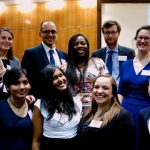 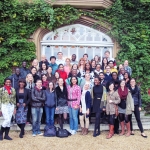 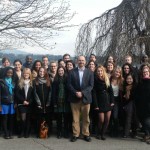 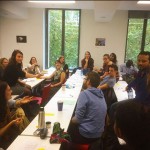 |
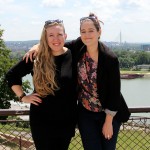 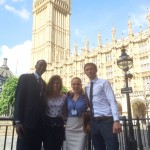 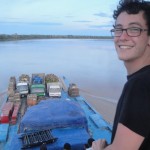  |


